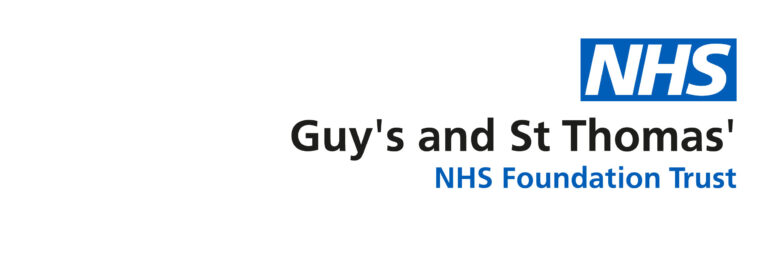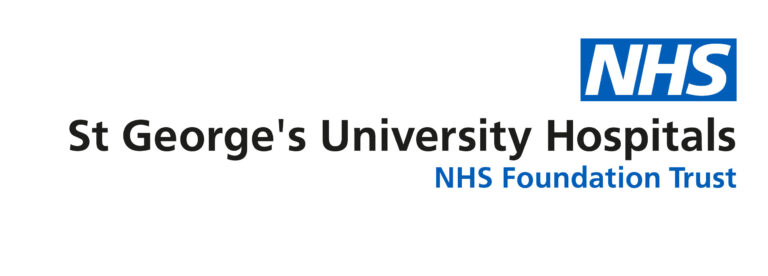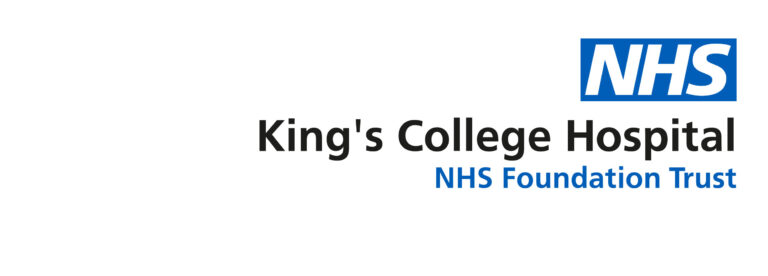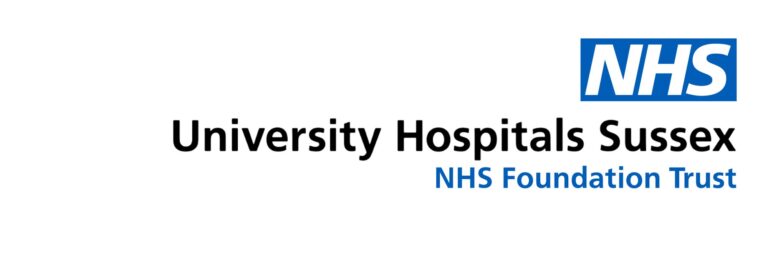South East GLH
The NHS South East Genomic Laboratory Hub (GLH)
NHS England have reconfigured genetic laboratory services and commissioned 7 national Genomic Laboratory Hubs (GLH). The national GLH network will improve patient access for genetic testing and support the development of more personalised healthcare. The ultimate ambition is for patients with rare inherited diseases and cancer to be diagnosed and treated quicker than ever before, wherever they live.
The service allows clinicians to access testing for over 500 conditions, with some results being available in as little as three days. It will also enable the identification of gene mutations in cancer cells which can be targeted by new drug therapies.

The South East Genomic Laboratory Hub (SE GLH), a network of leading foundation trusts and pathology providers, has been commissioned to deliver genomic testing services across South London, Kent, Surrey and Sussex. The SE GLH provides genetic and genomic testing for a total of 20 acute NHS Trusts and 9 non-acute NHS Trusts, ensuring equitable access to testing for a population of 8.4 million.
The SE GLH has also been commissioned to deliver specialist testing in 6 categories: cardiology, respiratory, gastro-hepatology, haematology, neurology and skin.
South East Consortium NHS Trusts







External Partners





Whole Genome Sequencing
Genomic medicine is now part of mainstream NHS care and all healthcare professionals (not just genetics specialists) need to have a good understanding of its relevance. The pathway below outlines the Whole Genome Sequencing (WGS) pathway.
STEP 1
STEP 2
STEP 3
STEP 4

Library of resources
Carefully created and curated for healthcare professionals across the region to make the best use of genomics in their practice.

Education & events calendar
Our programme of genomics education for healthcare professionals is delivered through a mixture of face-to-face and online events.
